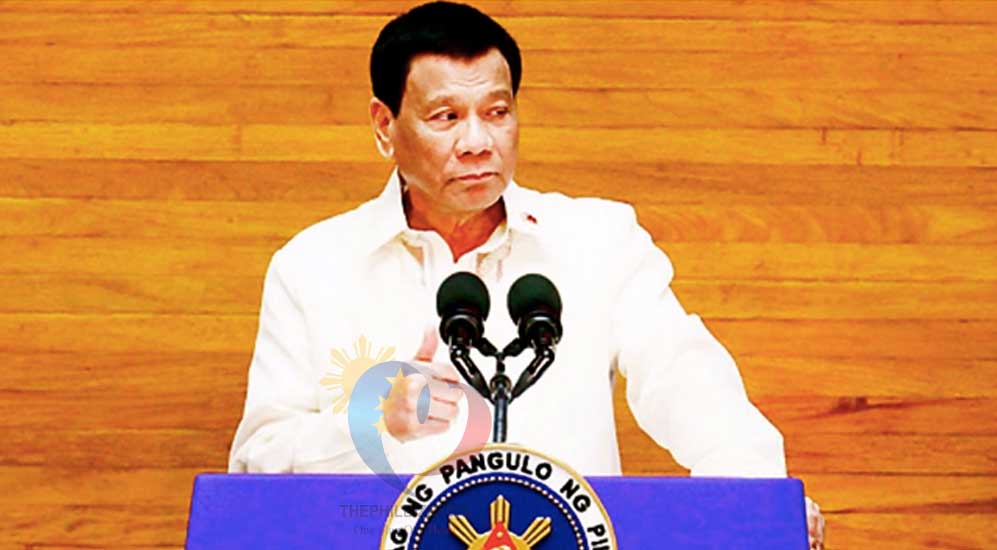Photo File from THEPHILBIZNEWS
With the second package of the President Duterte administration’s flagship tax reform program adding that the proposal to lower corporate income tax rates, Fitch said,it is likely to yield “little results” and would not really boost investment unless there is an improvement to the business environment.
The House of Representatives approved on third and final reading the House Bill 8083, or the “Tax Reform For Attracting Better and High-Quality Opportunities” or TRABAHO bill that seeks to reduce the current 30 percent CIT rate by 2 percent every two years until it reaches 20 percent in 2029, and modernize investment tax incentives.
Both lower and upper house did not adopt the Department of Finance’s proposal of making the CIT cut conditional on incremental revenues to be collected from reduced fiscal incentives.
According to DoF official Karl Kendrick Chua, in the Senate version of the Trabaho Bill, the government expects to lose billions of pesos in the first year of the measure’s implementation.
See related story:
DoF warns Senate version of TRABAHO would have fiscal impact
In the report released by Fitch Solutions, it is said, “We expect the bill to have negligible impact on revenue collection in the near-term. Therefore, we are maintaining our forecast for the Philippines’ budget deficit as a share of [gross domestic product] to come in at 2.9 percent in 2018 and average 2.6 percent from 2019-2027.”
The TRABAHO bill which is part of Duterte’s priority bill aims to encourage investment. He had asked Congress during his State of the Nation Address last July to enact the bill into law before year-end.
However, the senators did not adopt the Congress’ version saying that the bill could force investors to relocate and result in job losses at a time prices of basic goods and commodities are rising fast and hurting consumers.
Various industry groups have already expressed their opposition in TRABAHO bill including the American Chamber of Commerce and Industry as well as Philippine Economic Zone Authority, one of the biggest economic zones where tax perks are offered to investors said that the bill pushed by the Department of Finance could deter foreign investors.
Fitch said, “While CIT rates are one of the considerations of potential investors when they look to relocate their businesses, we believe that more of them are deterred by the poor business environment caused by red tape and corruption, as well as poor infrastructure conditions.”
“Moreover, the lowering of CIT rate is so gradual that it will take until at least 2025 before they fall in line with regional levels,” it added.
The World Economic Forum Global Competitiveness Index 2017-2018 report said that the inefficient government bureaucracy, inadequate supply of infrastructure, and corruption are the top three obstacles that businesses reportedly face when doing business in the Philippines, while “tax rates” ranks fifth.














